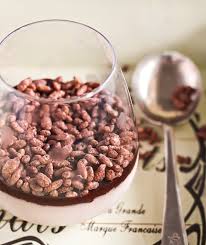Posts Tagged ‘breakfast’
What should I eat for breakfast?
“Fill me up with sugar and watch me crash”

Parents and coaches often ask me “What should my child eat for breakfast?”
Eating the right thing will aid concentration and help overall health and performance.
Eating the wrong thing will lead to rapid increases in blood sugar, followed shortly by an insulin rush and onset of lethargy.
Read MoreHow to Train Before Breakfast: The Great Gama
I always like it when I meet a young athlete and they tell me they do a few press ups and sit ups in the morning before breakfast or at night. It shows me that in the words of Muhammad Ali “they have the will, I just train the skill”.
Read More

